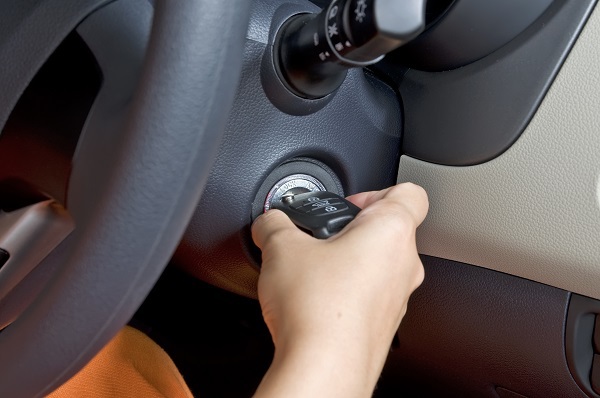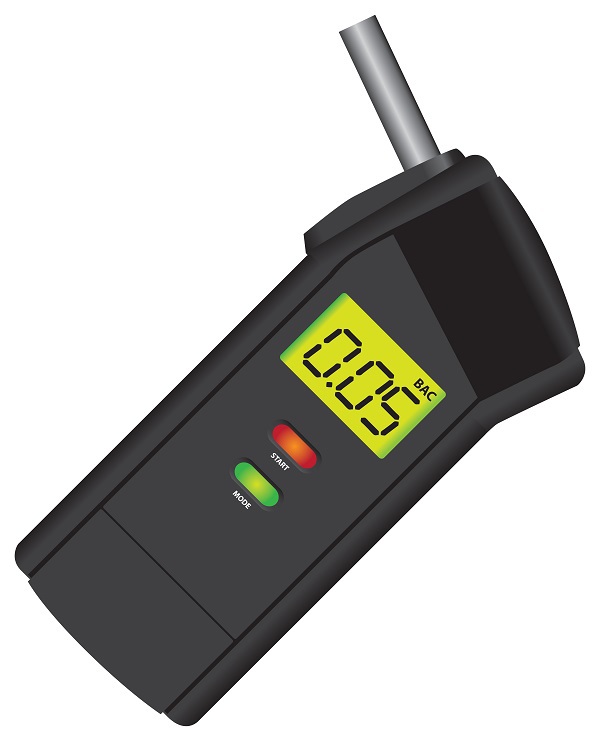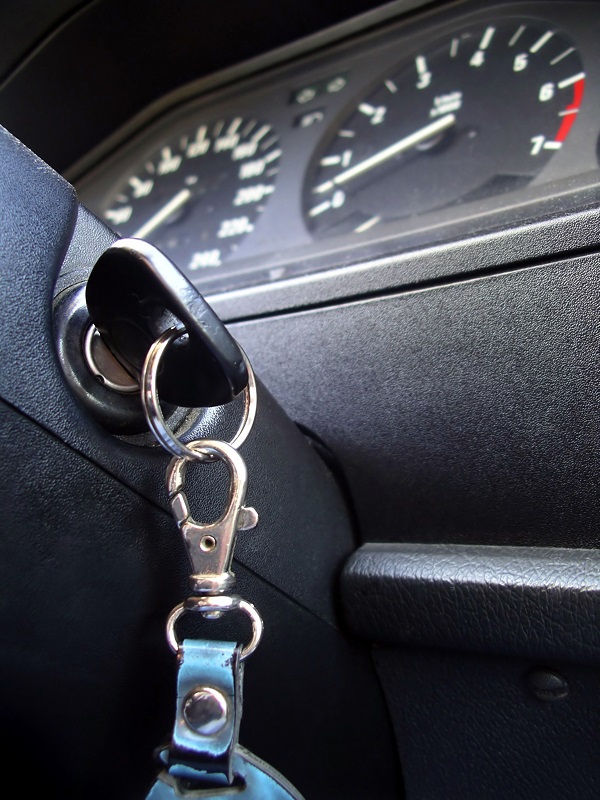Alcohol Ankle Monitors: Are They Legal and How Do They Work?
Similar to ignition interlock devices, alcohol ankle monitors help courts keep an eye on people who committed DUIs. You may wonder if they are legal in Oklahoma, and how they work. If an ankle monitor could be part of your DUI sentence, you probably have many questions. Is an alcohol monitoring bracelet legal in Oklahoma? The laws in Oklahoma do not specifically mention alcohol ankle monitors or bracelets. However, use of these devices has become increasingly popular. In the past, the court could order that a person convicted of DUI not consume any alcohol. To enforce the court order, a parole officer...
Continue reading






